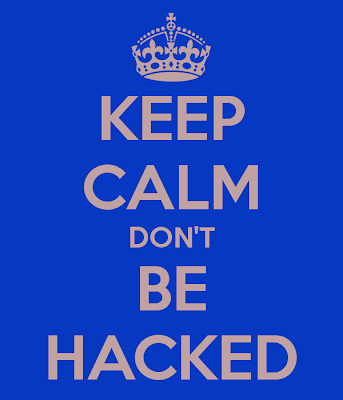By Dave Crill
Never has the old adage, "An ounce of prevention is worth a pound of cure" been so true as in the protection of your identity, privacy and assets. If your computer or account password is "hacked" (discovered and used by another) you may be in for a great deal of unnecessary grief and humiliation, as well as loss of time and money.
So, the wise course of action is simply to take a moment of preparation now to avoid these unpleasant consequences later. The good news is that it is easy and will literally only take a minute or two of your valuable time!
Here are just a couple of methods you can use to generate a secure password:
You will want to have a password that you will always remember, but which is highly unlikely anyone else can figure out. One way to start out might be to utilize something you know very well. Is there anything you know better than yourself? Probably not. You could simply use your own name and throw in a twist. For example, if your name were John Smith, you could use that and mix in counting numbers starting with 1 in place of every other letter and then add an underscore between your first and last name: J1h2_S3i4h. Simple for you, but enough of a mix of digits, caps, characters and small letters that it is not likely to be discovered by others.
Do you have a favorite saying? Let's take, "time flies when you are having fun." You could take the first letter from each word and then put the first and last word in caps... like this: TfwyahF. Add a character (let's say a colon) and add a number significant to you (assume you were born in 66 and you decide to use that). All of the sudden you have: TfwyahF:66.
One word of caution about this example: the above phrase may just as often be said using "you're" as "you are" and you may forget what usage you used for your password. While there is an argument that might simply make it more secure, you may be better off avoiding words that are commonly abbreviated.
For whatever password you choose, it is much better to have some mix of letters (caps and small), numbers and other kinds of characters, such as the underscore and colon in the previous examples, than only letters or only numerals.
One last thing: No matter how secure your password may be, it is a very good idea to change your password regularly to further decrease the risk that you will be hacked.











0 comments:
Post a Comment